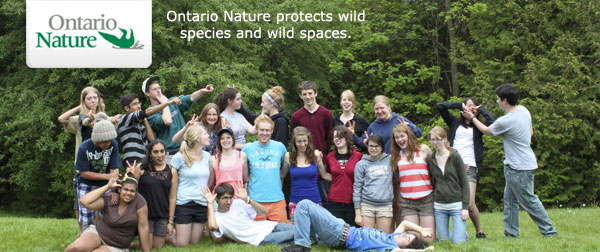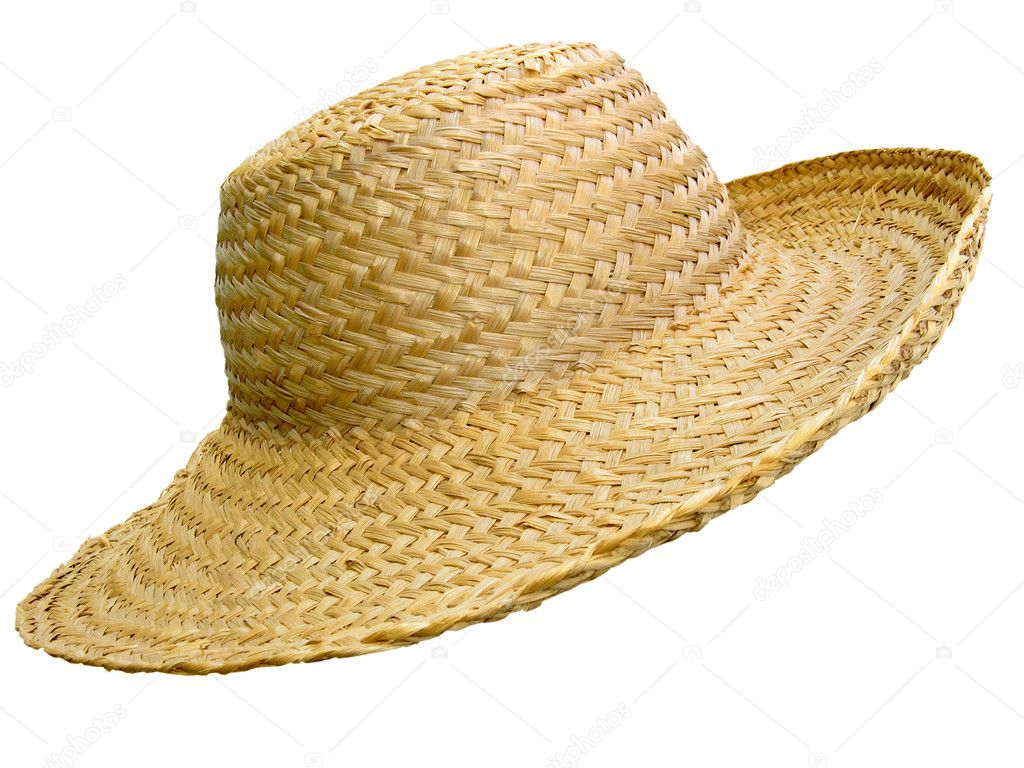To those of you who are seeing my blog for the first time, feel free to look around! I have spent many hours working on this blog. But for the rest of you...
On the weekend, I attended the 2012 Youth Summit for Biodiversity and Environmental Justice, as an Ontario Nature Youth Council member. It was one of the best weekends of my life. I didn't have time to post anything that Friday, because the moment I got home from school, I had to have lunch and then pack my bags.
One of the workshops I attended was about Global Governance and Environmental Justice (or something like that). A particularly memorable moment was when the presenter, who worked as a critic of global governments, took a look at the colourful masses of acronyms that she had written on a paper on an easel and joked, "So this is my life. I'm trying to figure it out." The moral of the story: don't get bogged down by a bunch of terminology and super-long acronyms unless you have to.
I'm trying to figure out my life, too. Has Hug A Tree Today, Seriously helped me with that? Perhaps. It has definitely given me a chance to make a difference in my own way, in my own time.
.JPG) |
| Sign from the YMCA camp where the summit was held. |
I am incredibly hopeful that we can make a difference in the world. I'm not giving up on my environmental activism by ending this blog. I still am on the ON Youth Council, I have a print 'zine on environmentally-friendly living, and I do other cool things on and off that I can't remember right now. Remember to continue to do your own things to help save the environment during your lifetime!
Oh, and I have a few more eco-tips for you all:
- If you want clean, smooth, glowing skin, use sea salt! Simply wet your face (or hands, or whatever) with warm water and then rub sea salt onto your skin. Rub it in well and then rinse it off. Do a final rinse with cool water to close off your pores. It works really well.
- Have you been considering alternative energy? Well, I want you to know that you shouldn't be too quick to jump on the bandwagon. Solar panels can disrupt bird migration patterns and take up large quantities of land. Wind turbines chop up tens of thousands of birds in the U.S. alone every year, and they also take incredibly large amounts of energy and land to operate. The best way to go is simply to conserve energy!
- I suggest that you find another blog to follow now that mine is done. Find ways to be in nature. Keep up your eco-friendliness-- you will not regret it.
- To all the followers (official and unofficial) of this blog, you rock! You rock because you care about the environment and you are willing to do something about it. You rock because you've helped me reach and surpass my goal of 1000 pageviews by the end of the year. (Keep reading to find out how many pageviews I've achieved at the time of this writing.)
- Around New Year's Eve in 2011, I set the goal of reaching 1000 pageviews by the end of 2012. At the time of this writing, I have reached 3701 pageviews! And it's only October!
- If you have enjoyed following this blog or reading my posts, please go to The Animal Rights Action Site, which is now my official primary blog. I may start another blog at some point, but it most likely will be under a different name, for privacy reasons!
- Bye!!!!!!!!!!!!!!!!!!!!!!!!!!!!!!!!!!!!!!!!!!!!!!!!!!!!!!!!!!!!!!!! Have a good life, everyone.
















